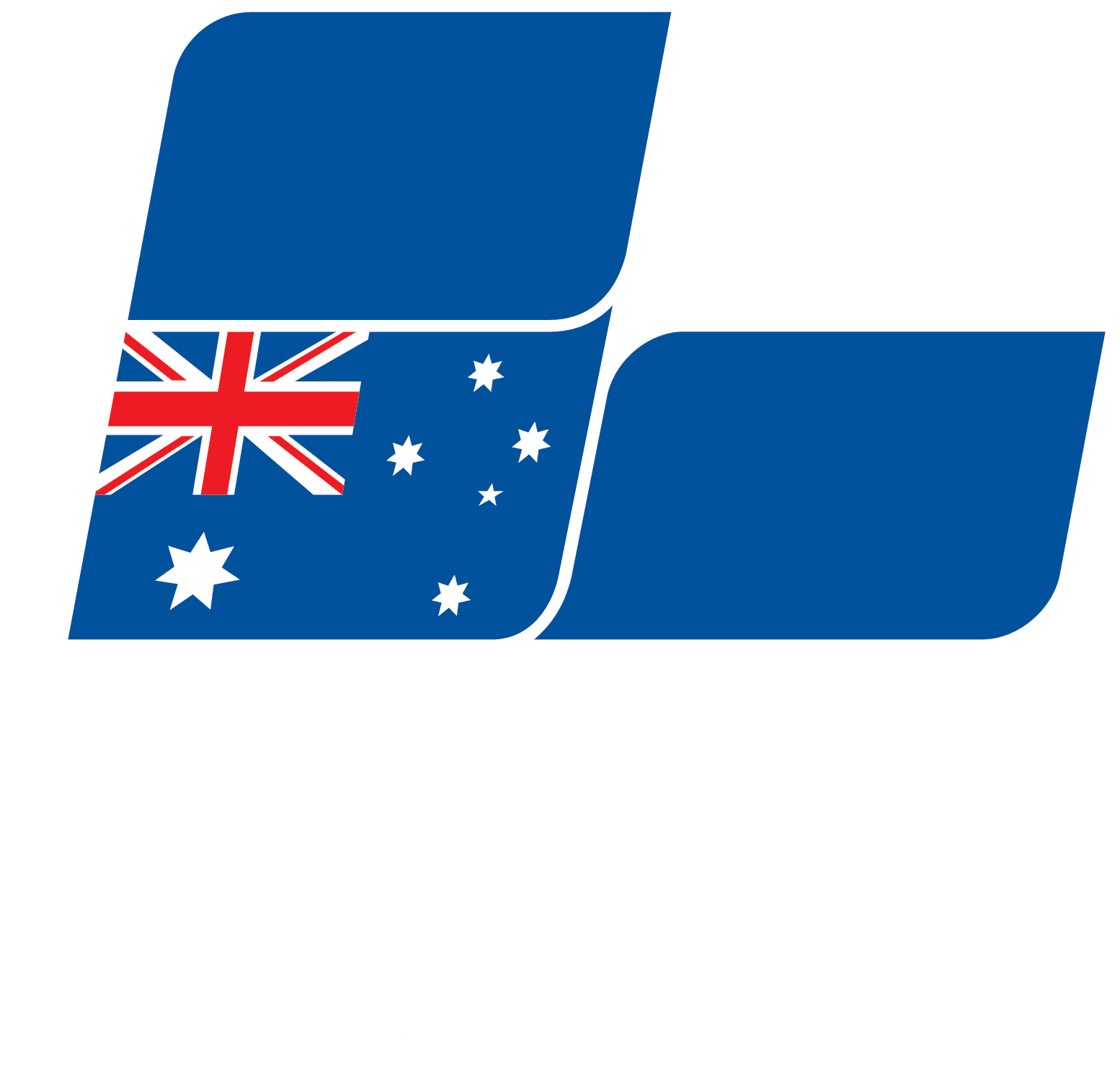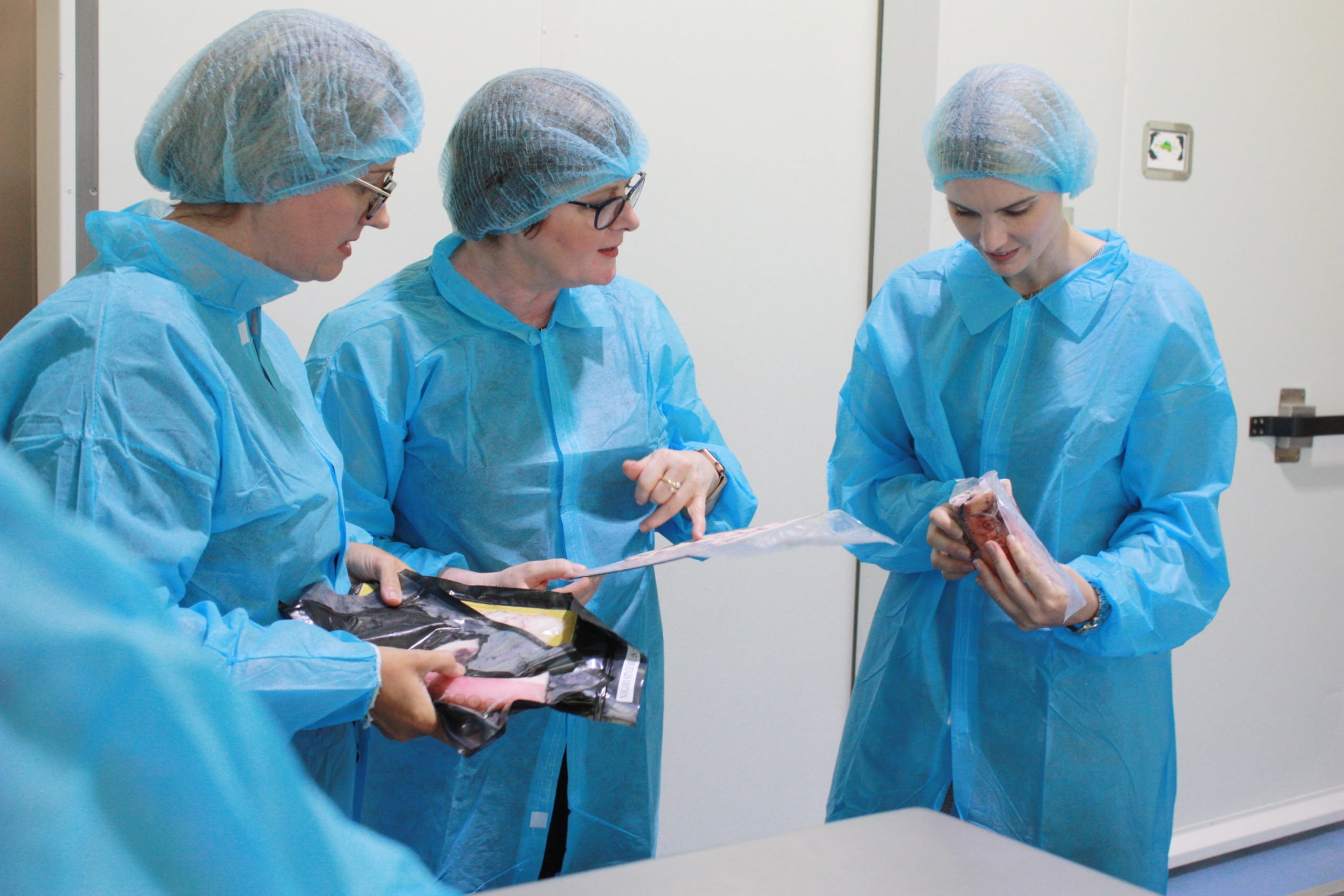
INNOVATION IN WESTERN AUSTRALIA
Embracing innovation, technology and science is critical to powering the Western Australian economy and creating jobs.
WA has a proud history as a cutting edge and productive state, that understands the importance of commercialising research and innovation.
The Morrison Government is backing Australian entrepreneurs, driving collaboration between industry and researchers to find new solutions, developing and attracting world class talent to Australia and leading by example in embracing innovation.
The Australian Government Department of Industry, Science Energy and Resources has a plan for Australia to thrive in the global innovation race, outlined in the Australia 2030: Prosperity through Innovation plan.
This initiative will help raise national awareness and highlight the importance of research and innovation for Australia.
SUPPORTING BUSINESSES
Small businesses are the backbone of the Australian economy.
The Morrison Government has provided unprecedented support for small businesses, so they can rebuild, grow and create jobs for Australians.
The COVID-19 pandemic has resulted in the most severe economic crisis since the Great Depression. Globally, the equivalent of 600 million people lost their jobs. The global economy is expected to contract by 4% in 2021, compared to just 0.1% during the Global Financial Crisis.
Without the targeted support from the Morrison Government, Treasury estimates the unemployment rate would have been five percentage points higher. Strong economic management from this Government has enabled us to act quickly to save 700,000 thousand Australian jobs.
A strong small business sector in Australia means more jobs for Australians and more opportunities to build vibrant local communities across the country.
The Morrison Government is committed to helping small business operators grow their businesses, creating jobs to keep more Australians in work and to help grow the economy now and in the years ahead.
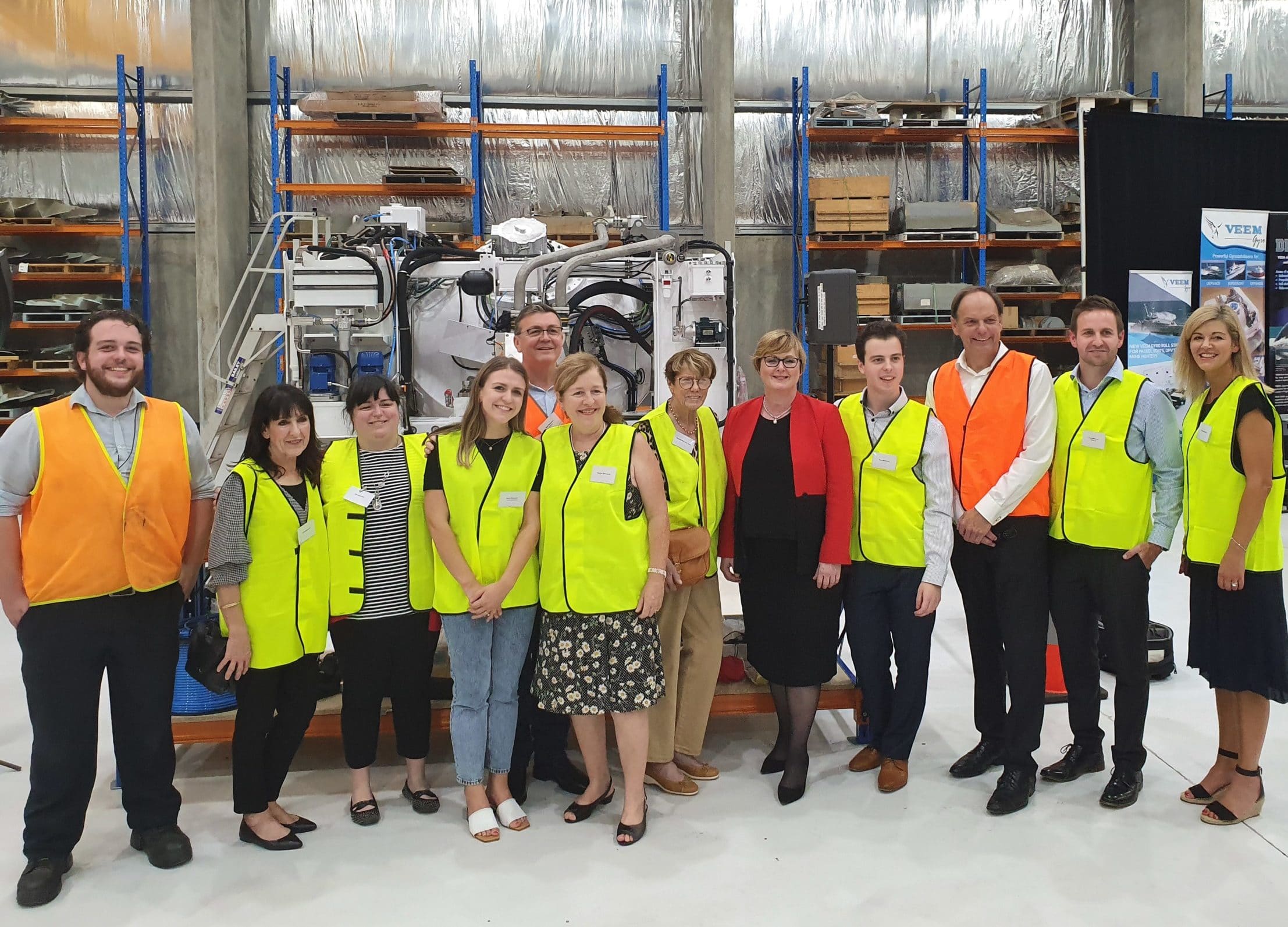
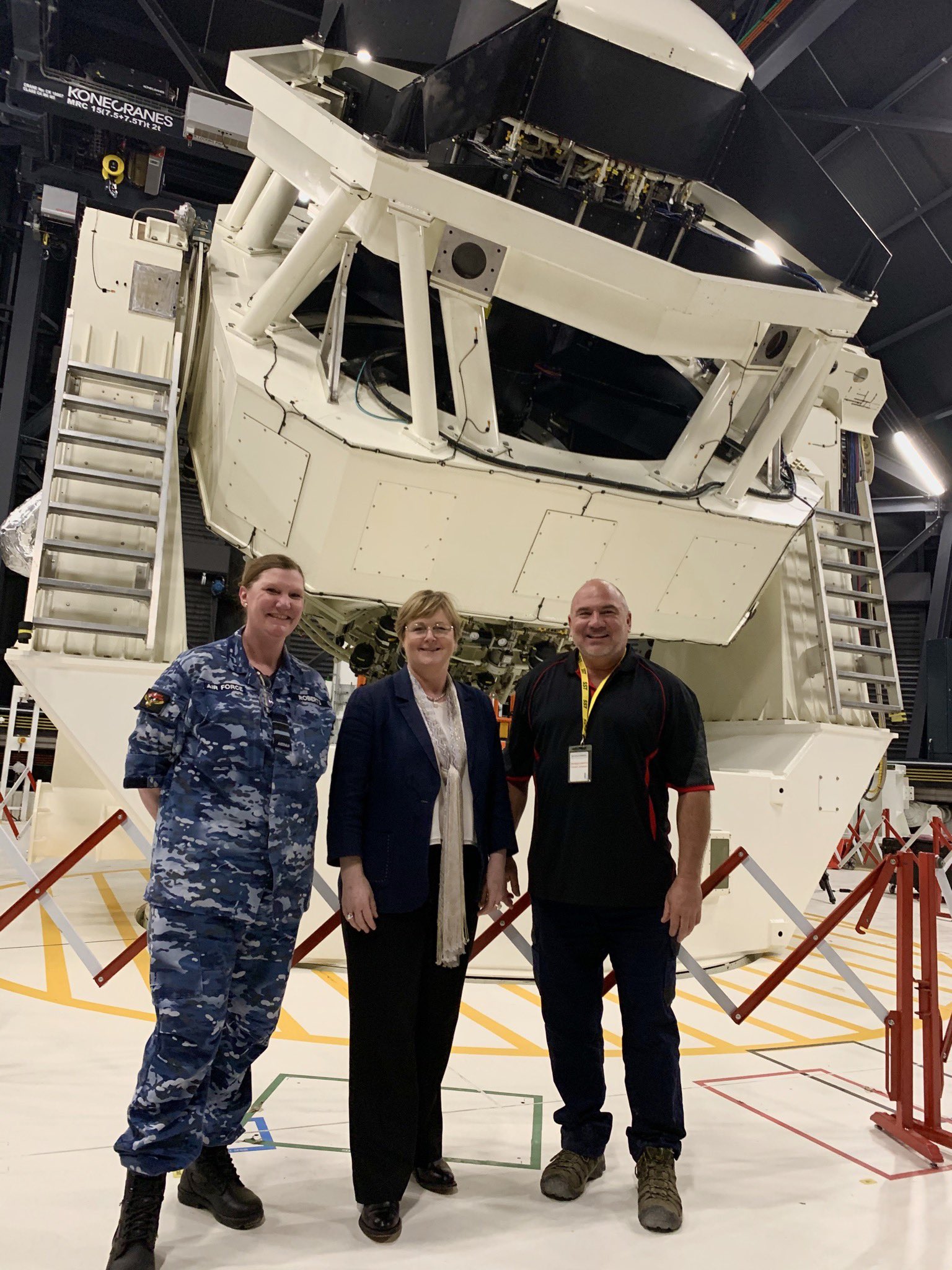
SPACE CAPABILITY
Most Australians would be unaware of how much we rely on space technology to power our everyday lives. From my morning walk using a fitness app, to my video conferences with defence ministers around the globe, to creating and transmitting this very webpage - it all relies on space technology in some way.
As outlined in the Defence Strategic Update and Force Structure Plan, the Morrison Government is significantly increasing Defence's space capabilities, investing $7 billion over the next decade.
Pictured left is the joint US-Australian Space Surveillance Telescope, located in Exmouth Western Australia. This world-leading 360-degree telescope enables Defence to better track and identify objects and threats in space, including space debris, as well as predict and avoid potential collisions.
It will become an important part of the global Space Surveillance Network, which provides space domain awareness to both Australia and the United States.
The Morrison Government recognises the importance of developing technologies locally to protect our space assets and offering opportunities to export these space capabilities to our allies and international partners. Our national security, industry and population rely on satellite communications to connect Australian businesses across the country and around the world.
You can read more about the Morrison Government investments in space capability here, and more about Western Australia's role in the space sector here.
WA CRITICAL MINERALS INDUSTRY
Western Australia has an abundance of critical minerals and we have an opportunity to be a global leader in the ethical and environmentally responsible supplier of critical minerals.
Expanding supply capability and meeting the growing international market for critical minerals is a key part of Australia's Critical Minerals Strategy.
The COVID-19 pandemic has highlighted the importance of diverse supply chains and the strategic importance of access to essential resources.
Critical minerals and rare earths have a range of high-tech applications across sectors, including renewable energy, aerospace, defence technologies, automotive and telecommunications. Demand for these resources will continue to grow and represents an important economic opportunity for Australia, particularly as our economy recovers from the impact of the COVID-19 pandemic.
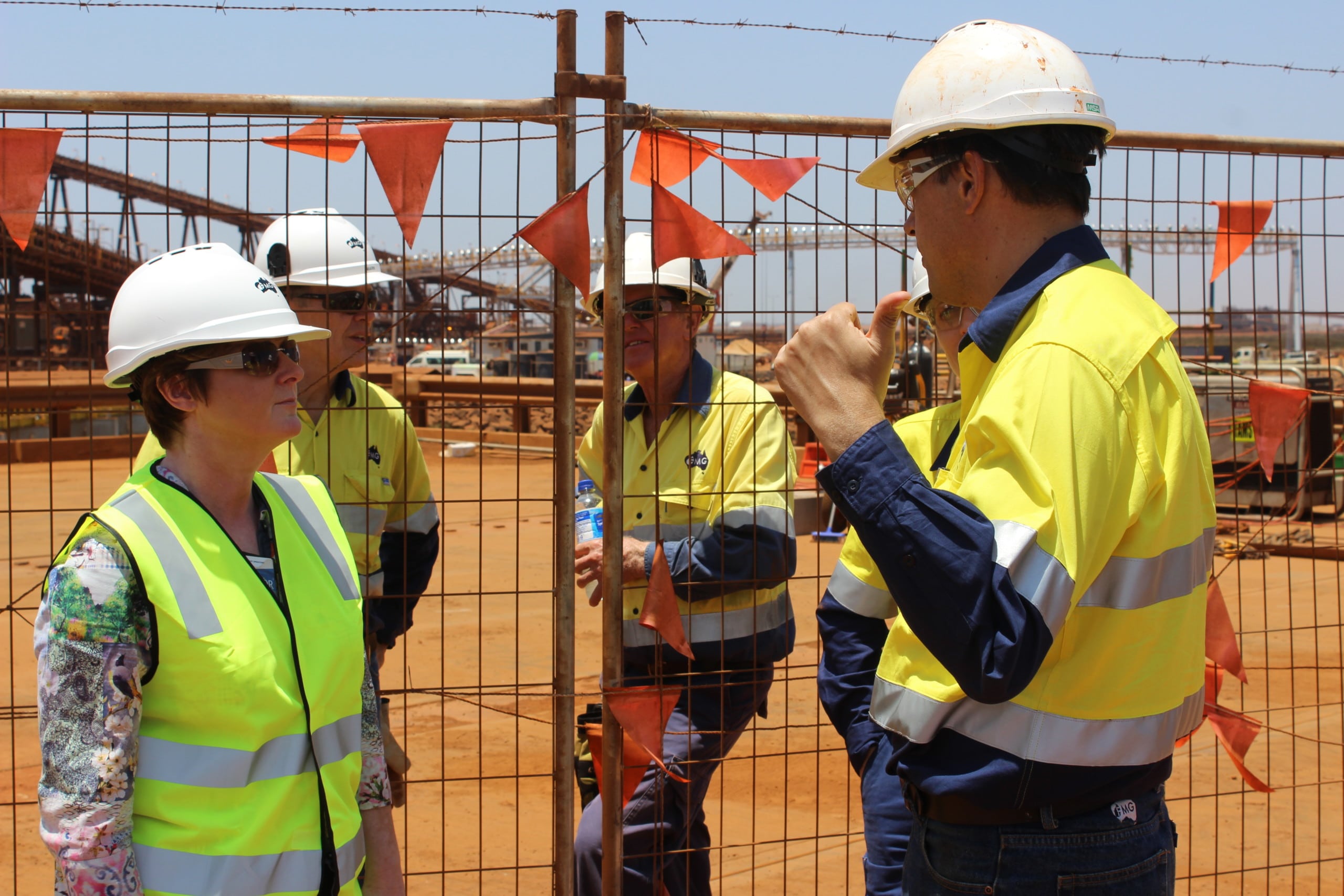
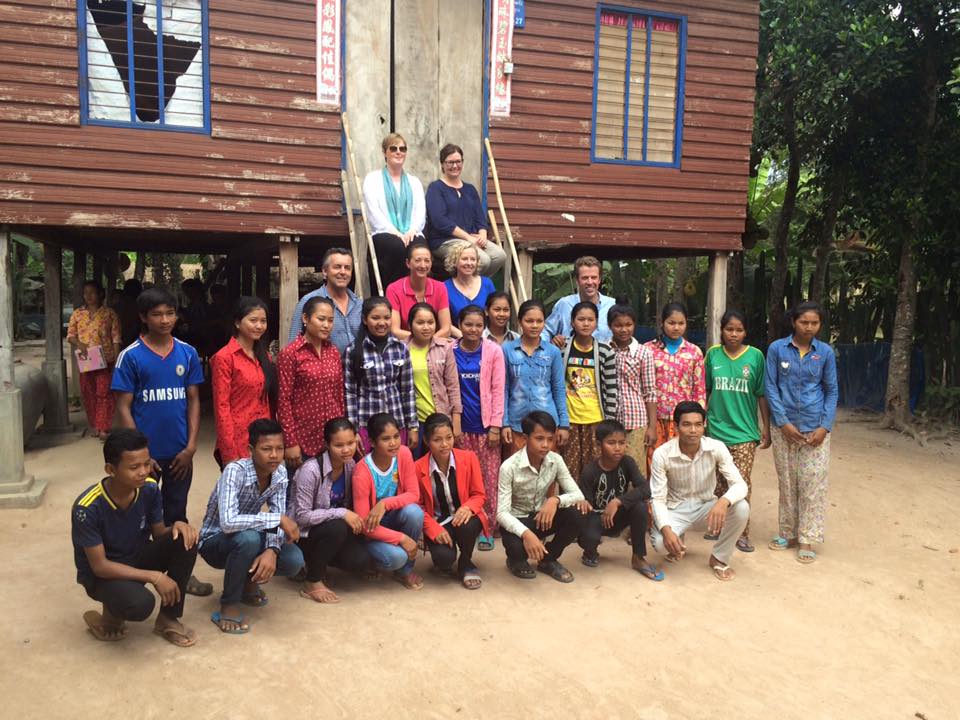
TACKLING MODERN SLAVERY
The Morrison Government is taking a global leadership role in combating modern slavery. We believe there is no place for modern slavery in the Australian community or in the global supply chains of Australian goods and services.
In 2018, as the then Assistant Minister for Home Affairs I was responsible for taking the Modern Slavery Act through Parliament. To this day it remains one of the proudest moments of my career.
The term modern slavery describes the serious deprivation of individual liberty and freedom. Today, it encompasses human trafficking, slavery, servitude, forced marriage and forced labour. Each of these on its own is a serious exploitative practice and a grave violation of human rights.
Modern slavery can occur in every industry and has severe and lasting consequences for victims. This practice distorts global markets, undercuts businesses operating ethically and is a legal liability for entities that fail to comply.
YOUNG AUSTRALIANS IN AGED CARE
No young Australian should ever be forced to live in residential aged care.
The Morrison Government has committed to the target of no Australians under the age of 45 living in residential aged care by 2022. In the 2019/20 Federal Budget, the Government allocated $10.6 million for a national network of system coordinators, to find appropriate accommodation for young people, and to support them to live independently.
I have passionately advocated for young Australians living in aged care since being elected as a Senator for Western Australia in 2014, initiating the Senate inquiry into the adequacy of existing residential care arrangements available for young people with severe physical, mental or intellectual disabilities in Australia. The inquiry and report by the Community Affairs References Committee made a number of recommendations aimed at improving the life of Australians living with a disability, their families and carers.
Kirby, pictured right, was just 28 years old when she was diagnosed with a brain tumour. Following surgery to remove that tumour she suffered multiple strokes which left her in hospital for almost a year. Kirby was aware of the world around her but struggled to communicate and was unable to move without assistance.
She was placed in a residential aged care home in October 2014, as a rehabilitation in-patient. Despite being in the facility as a rehabilitation patient, Kirby says that she was treated the same as the aged care residents. Kirby lived in the facility for over a year before the National Disability Insurance Scheme (NDIS) was able to equip her parents' home to support her additional needs. Since then, she has moved into her own apartment, funded by the NDIS, where she is supported by carers and is proudly regaining her independence.
Aged care homes are not an appropriate place for young Australians living with physical, mental or intellectual disabilities to live, and the Morrison Government is working to ensure the necessary support and facilities are available for those who need them.
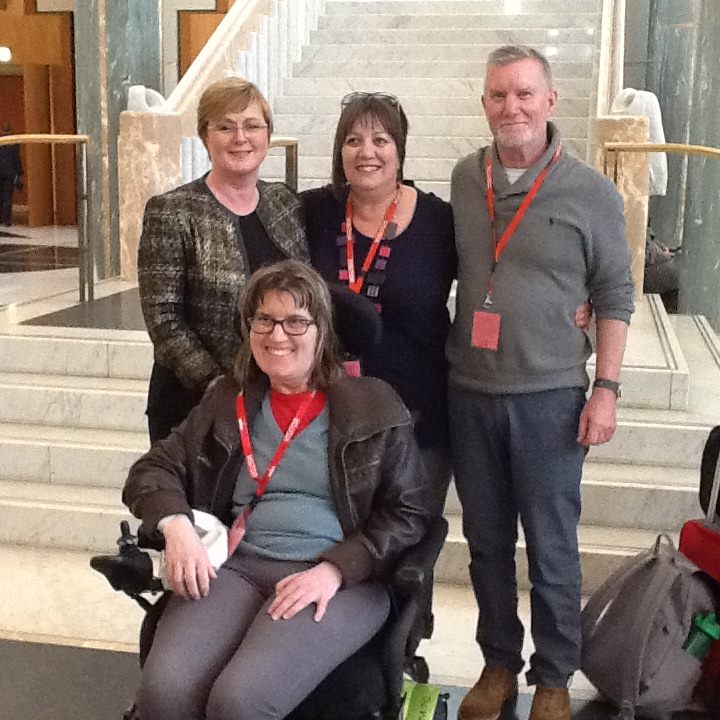
Kirby Littley (pictured above) lived in residential care for one year and provided a statement to the Royal Commission into Aged Care Quality and Safety. Her statement is available here.


